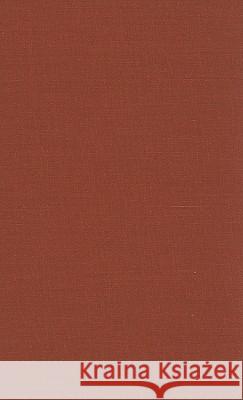A God of Justice?: The Problem of Evil in Twentieth-Century Black Literature » książka
A God of Justice?: The Problem of Evil in Twentieth-Century Black Literature
ISBN-13: 9780813927961 / Angielski / Twarda / 2009 / 240 str.
A God of Justice?: The Problem of Evil in Twentieth-Century Black Literature
ISBN-13: 9780813927961 / Angielski / Twarda / 2009 / 240 str.
(netto: 267,79 VAT: 5%)
Najniższa cena z 30 dni: 265,53
ok. 30 dni roboczych
Bez gwarancji dostawy przed świętami
Darmowa dostawa!
Focusing on the representations of spiritual crisis in twentieth-century African American fiction and autobiography, Qiana J. Whitted asks how some of the most distinguished writers of this tradition wrestle with the inexplicable nature of God and the experience of unmerited natural and moral sufferings such as racial oppression. Although this spiritual and existential dilemma of -the problem of evil- is not unique to African Americans, writers such as Countee Cullen, Richard Wright, James Baldwin, Ernest Gaines, Alice Walker, and Toni Morrison offer paradigmatic examples of it in black life and culture after World War I. Whitted argues that these spiritual struggles so often articulated through the cry for divine justice are central to an understanding of modern black literary engagements with religion. Chapters explore the discourse of religious doubt and questioning through the crucified black Christ and the mourner's bench tropes, womanist spiritual infidelity, and the humanist improvisations of blues narratives.For too long, the author contends, literary critics have explained this suffering through platitudes of endurance and communal redemption, valorizing problematic notions of unquestioned faith and self-sacrifice. By questioning what is at stake for African Americans who call for divine justice, Whitted challenges the assumptions about African American religiosity by revealing an alternative tradition of narrative dissent and philosophical engagement. In doing so, she broadens the horizons of critical inquiry in black literary and cultural studies.











